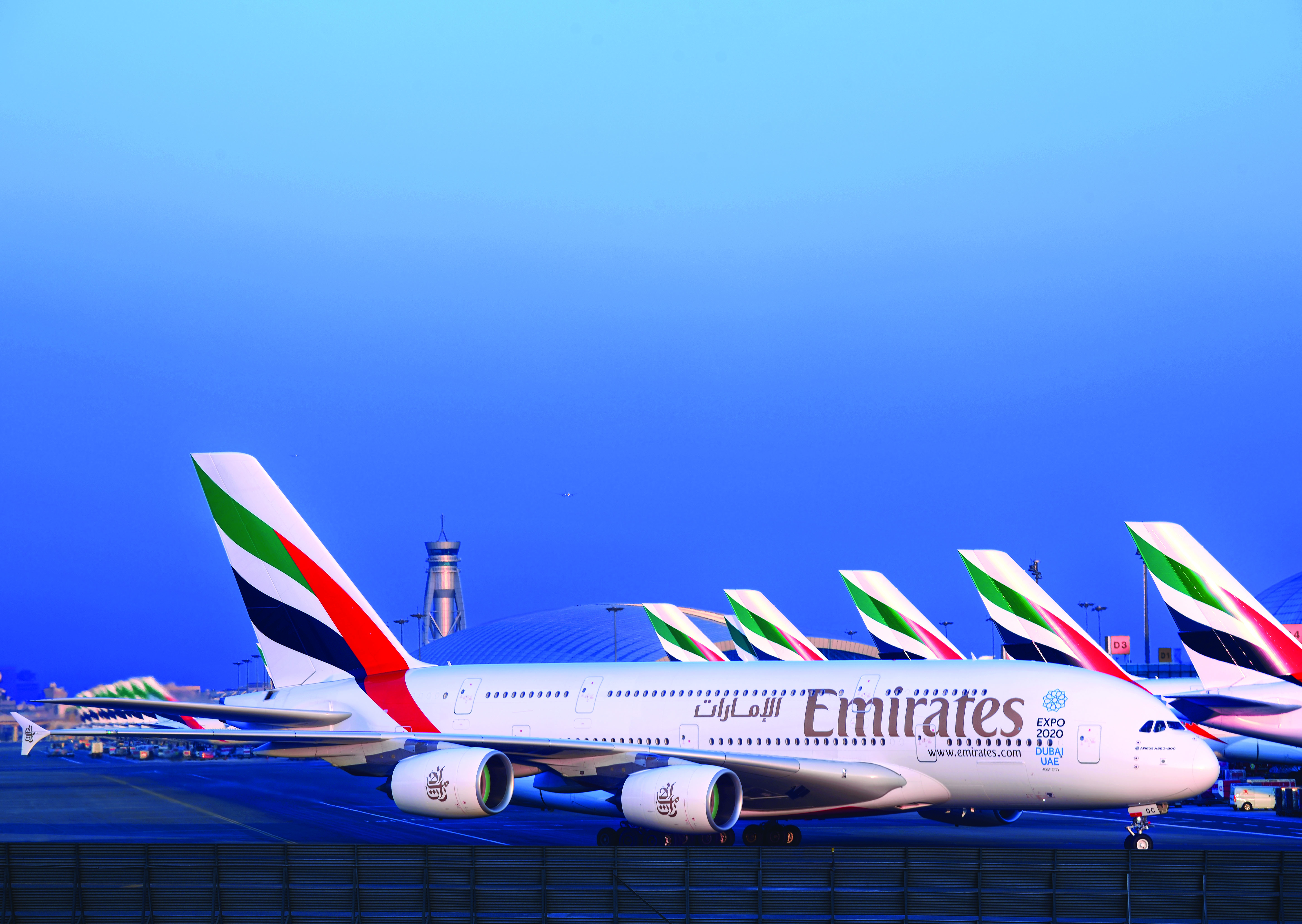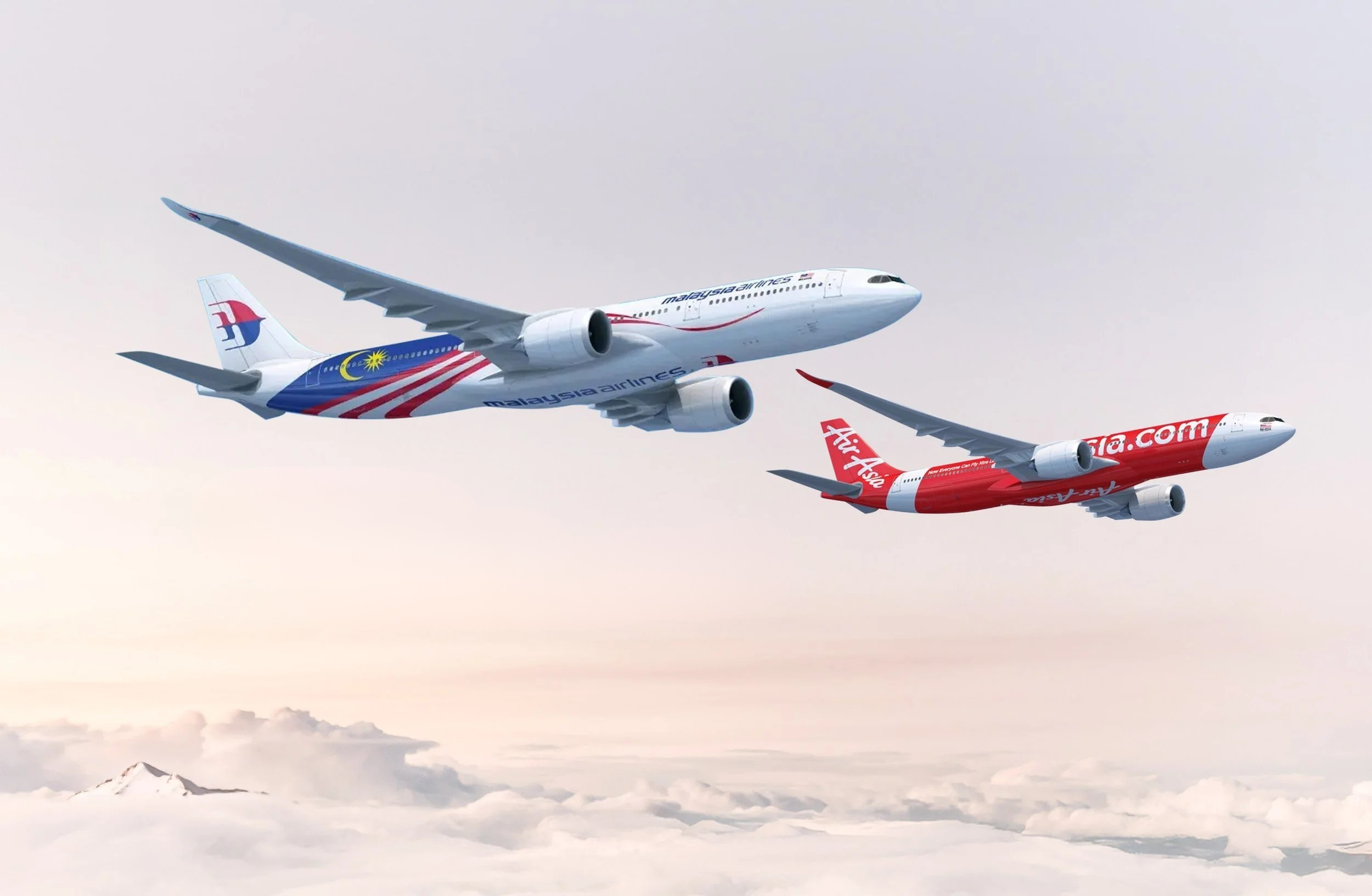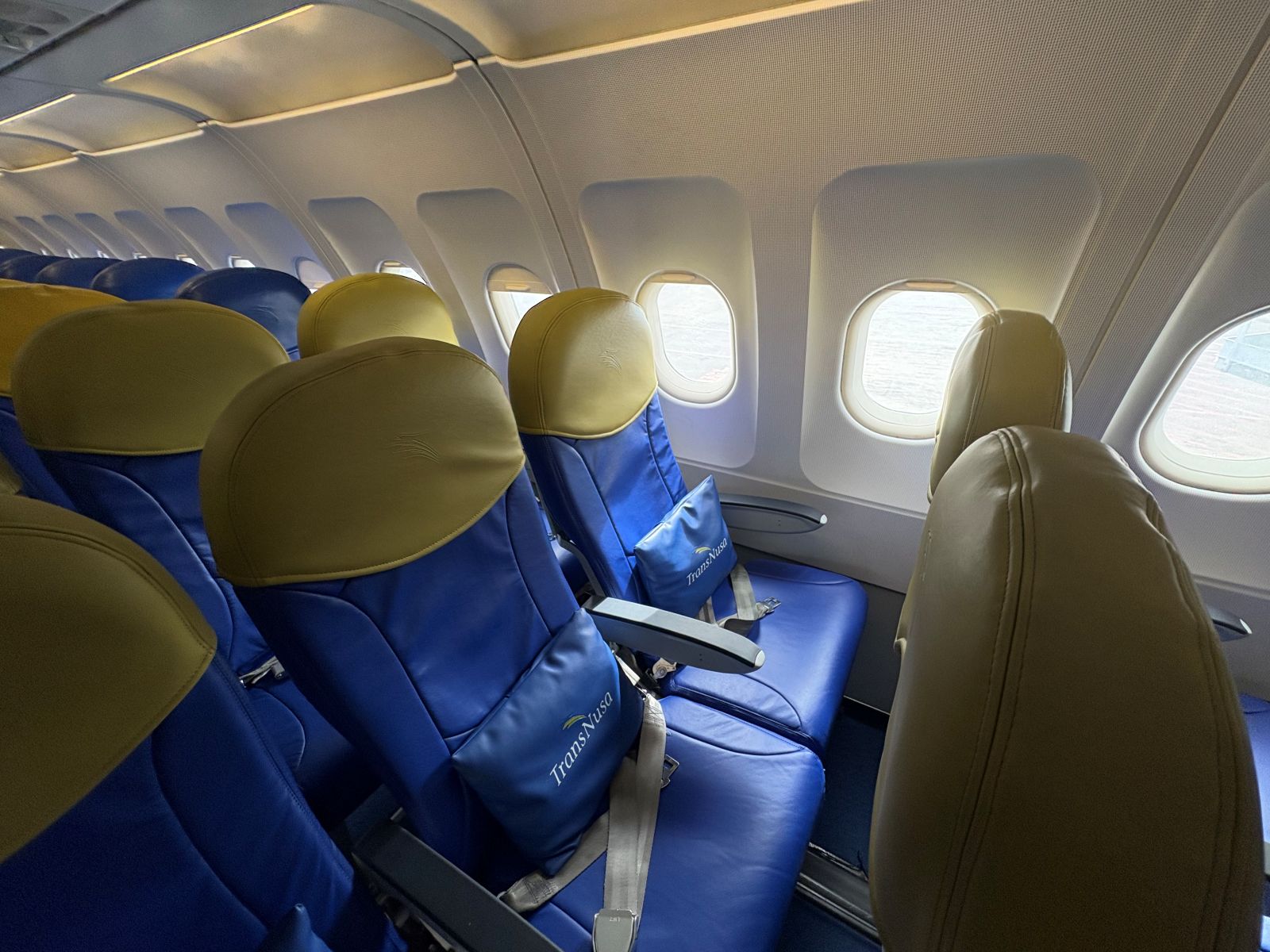Passengers travelling to Australia from Doha, Dubai and Abu Dhabi will have to remember to keep their electronic devices charged and may face longer waits at security due to increased requirements relating to electronic devices.
The Australian government stopped short of banning larger electronic devices on flights but is requiring additional security measures in response to concerns raised by US authorities.
The US has banned electronic devices larger than a smartphone in the cabins of aircraft flying directly to its cities from the three Gulf airports.
“I want to assure people that there is no specific threat to Australia,” Australian Transport Minister Darren Chester said.
“In response to national security advice the Federal Government has made precautionary changes and instructed airlines to implement new protocols from next week.
“Explosive detection screening will be conducted for randomly selected passengers and their baggage. Checks may also include targeted screening of electronic devices.
“Our changes are in line with the UK, which recently announced that people travelling from Doha, Abu Dhabi and Dubai will be subject to random explosive trace detection (ETD) screening.
“There is no ban on the carriage of electronic devices on flights to Australia at this stage.’’
The moves affect flights by Qatar, Etihad, Emirates and Qantas and are similar to measures introduced on flights to the UK and those already in place on Australian domestic flights.
The airlines already have gate-screening measures in place to enforce liquid and gels restrictions.
Both the US and UK have banned large electronic devices as cabin baggage from specific airports North Africa and the Middle east, although the UK did not include the Gulf airports.
The bans have been heavily criticised as inconsistent and the International Air Transport Association has called on governments to find an alternative.
US authorities did not detail any new incidents triggering the ban but said they had seen intensifying propaganda from terrorist groups encouraging attacks on aviation.
In a Q&A released by the Department of Homeland Security, the US said it was concerned about terrorists “ongoing interest in targeting commercial aviation, including transportation hubs over the past two years, as evidenced by the 2015 airliner downing in Egypt, the 2016 attempted airliner downing in Somalia, and the 2016 armed attacks against airports in Brussels and Istanbul”.
“Evaluated intelligence indicates that terrorist groups continue to target commercial aviation, to include smuggling explosive devices in various consumer items,’’ it said.
Commenting on the trend that prompted the concerns, the DHS said: “Although the U.S. has instituted robust aviation security measures since 9/11, our information indicates that terrorist groups’ efforts to execute an attack against the aviation sector are intensifying given that aviation attacks provide an opportunity to cause mass casualties and inflict significant economic damage, as well as generate overwhelming media coverage.
“We note that disseminated propaganda from various terrorist groups is encouraging attacks on aviation, to include tactics to circumvent aviation security. Terrorist propaganda has highlighted the attacks against aircraft in Egypt with a soda can packed with explosives in October 2015, and in Somalia using an explosives-laden laptop in February 2016.’’
Have questions or want to share your thoughts?
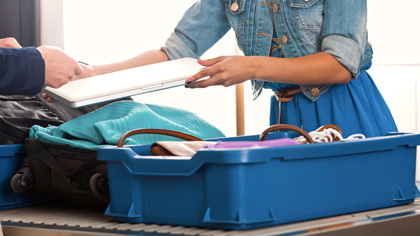
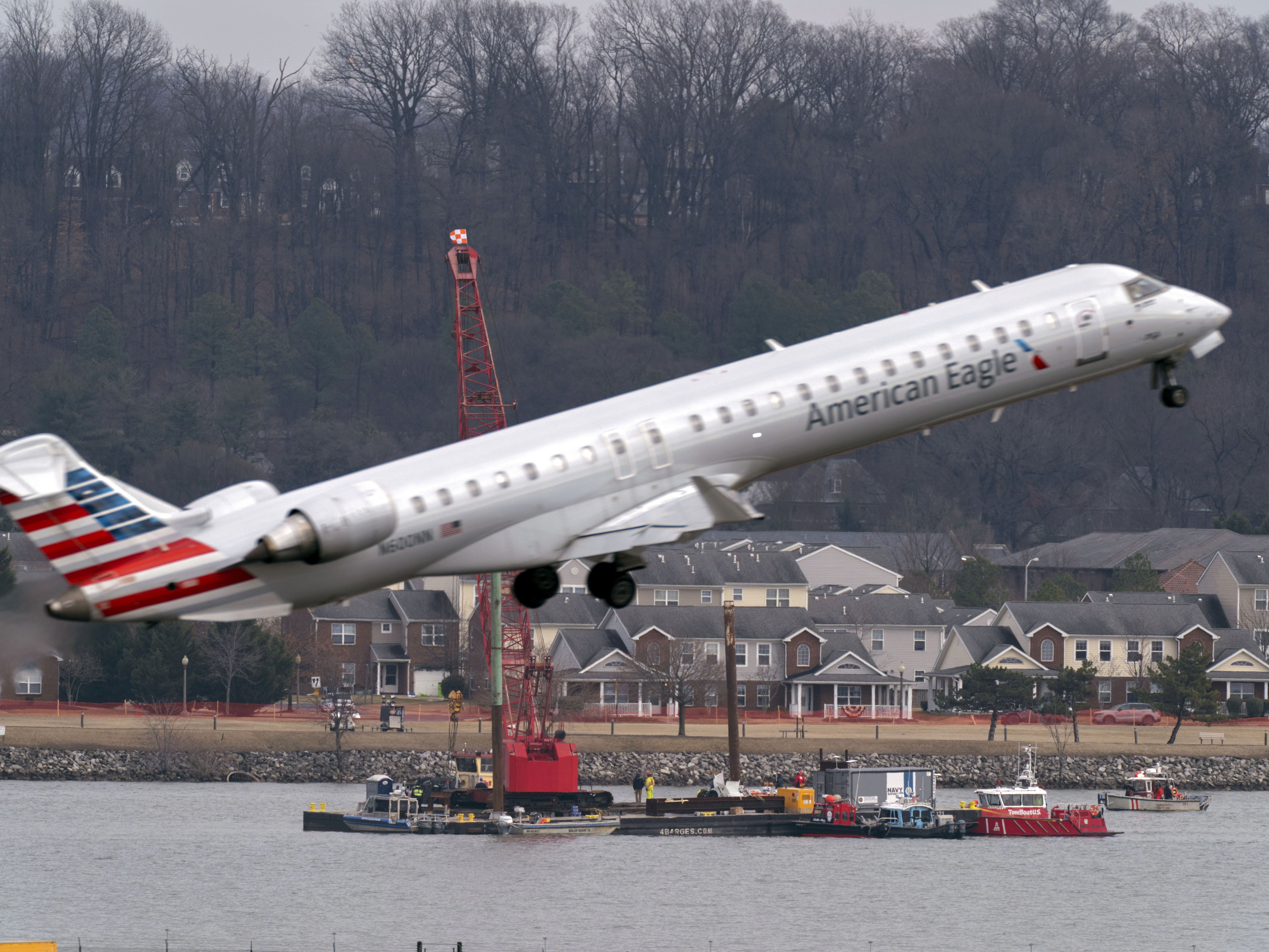
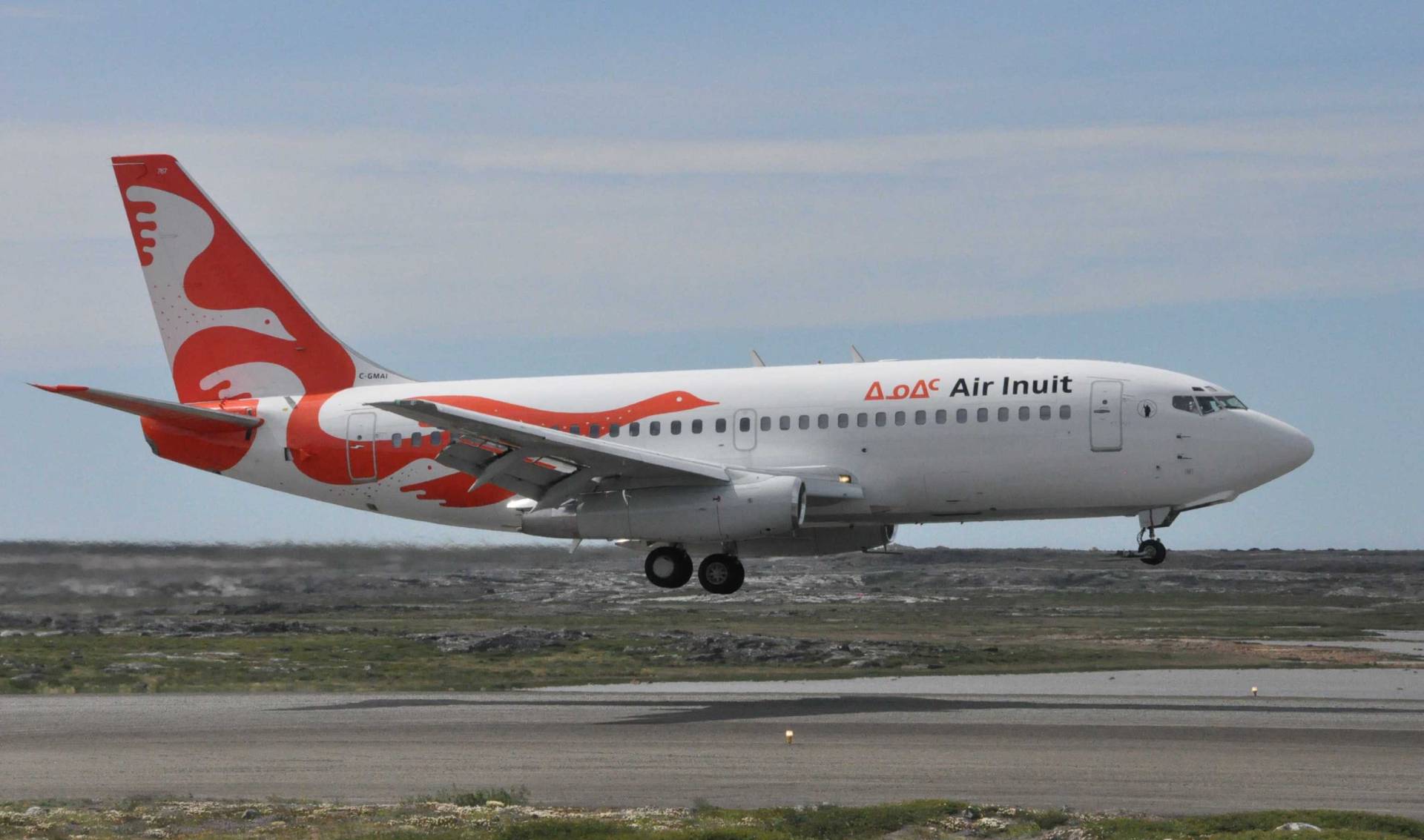
.jpg)
